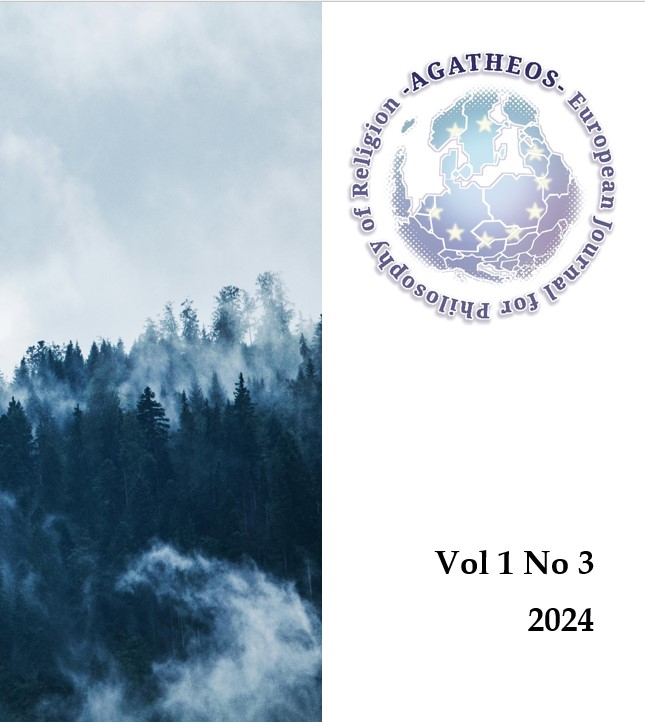Relational Agency and Spiritual Well-Being: An Argument for a Denisian Passibilism
DOI:
https://doi.org/10.69574/aejpr.v1i3.29803Keywords:
religious language; impassibilism; apophaticism; perfect being theology; anthropomorphism; classical theism; analogyAbstract
According to one conception of God, God is completely self-sufficient: nothing can affect or influence God outside of God. According to a second conception of God, God is emotionally responsive to others. These two conceptions of God reflect different ideals about agency. For the first conception of God, it is important that God is autonomous; that is, completely self-governing and able to act, unconstrained by any external agents or influences. For the second conception of God, it is important that God has relational agency; that is, that God can be affected by God’s creatures such that God’s creatures can cause God to feel joy or sorrow. Theists face an apparent dilemma in choosing between these differing conceptions of God: either they must forfeit God’s absolute autonomy, or else they must forfeit God’ relational agency. In either case, it seems, they must deny that God has perfect agency. This paper proposes a way out of this dilemma, in the form of what I call ‘Denisian passibilism’, according to which God transcends not only positive but also negative language about God.
Published
How to Cite
Issue
Section
License
Copyright (c) 2024 Tasia Scrutton

This work is licensed under a Creative Commons Attribution 4.0 International License.
Authors of content published in the AGATHEOS retain the copyright to their works.
Articles are published under the terms of a Creative Commons CC BY 4.0 license, which permits use, downloading, distribution, linking to and reproduction in any medium, provided the original work is properly cited.



